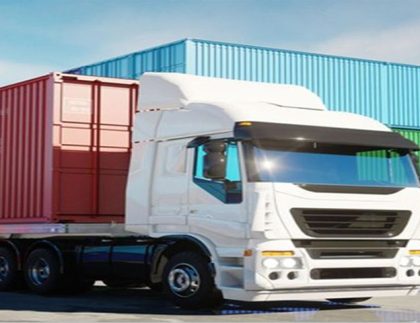
Warehouse Management: The Key to Unlocking Efficiency and Productivity in Logistics and Supply Chain Management
Warehouse management is an essential component of logistics and supply chain management. The Warehouse Management System is a vital tool for businesses seeking to enhance efficiency and productivity. Simply put, any organization that manages inventory requires a Warehouse management. If you’re searching for a system tailored to your specific needs, here’s a step-by-step guide to help you find the perfect solution.
Warehouse Management: Determine What You Need
Consider your needs before selecting the options. Consider the following, such as your size of operations, size of your inventory, and type of products you handle, either perishable or bulk items, among others. For instance, if you handle perishable products, your needs will differ from those that handle bulk items.
Scalability Matters: Warehouse Management
The more extensive your business, the more warehousing your business will require. Find a warehouse management that scales with your operation. That means it has to accommodate increased inventory, additional locations, and possibly more complex logistics without requiring a complete overhaul.
Integration Capabilities
Your Warehouse management will need to interact with other systems in your enterprise, including ERP, CRM, and transportation management software. Make sure the system you’re choosing can integrate well with the software that you’re already working with, to ensure a seamless operation throughout your enterprise.
Ease of Use
A system that might be difficult to follow might incur mistakes and low performance. Seek a Warehouse management that is user-friendly and has no complicated training process. Ideally, this should mean your staff need to spend minimal training time before getting started using it effectively.
Real-Time Inventory Tracking
This is where the real-time view of your inventory can save you greatly in terms of operational efficiency. Choose a Warehouse management that has credible data towards stock levels, order statuses, and product movement within the warehouse. This will enable you to make the right decisions and optimize storage strategy.
Advanced Features
Depending on your needs, you may wish to consider more advanced features such as automated stock replenishment, barcoding, and RFID tracking. These tools can help reduce errors and save time in your warehouse operations, making them far more accurate.
Cost Considerations
Budget is always the critical factor. While you may want a system that meets all your requirements, it’s necessary to consider the total cost of ownership. Try to look beyond the initial purchase price and also factor in the maintenance, training, and all other costs which may come about later.
Customer Support and Training
A strong customer support system is indispensable, especially when you are having problems or need help. Ensure that the Warehouse management provider provides comprehensive training and ongoing support to help you unlock the full potential of the system.
Conclusion
It is clear that choosing the right Warehouse Management System lays the foundation for efficient warehouse logistics services and will significantly affect your business performance. Evaluation of your needs and the considerations in terms of key factors can best serve to select a WMS that supports not only your business today but also tomorrow. Investing in a reliable WMS is an important step toward enhancement of operational efficiency and guaranteeing long-term success in the competitive landscape of logistics.










